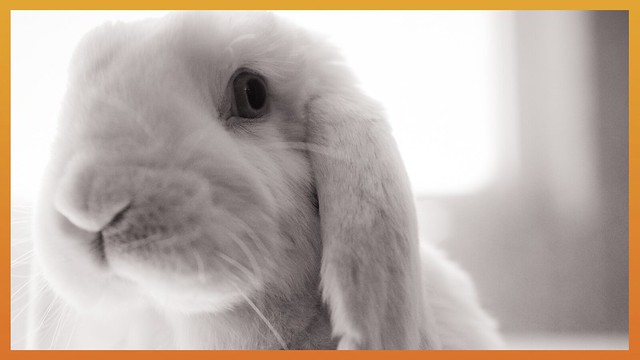One Life: Animals used in research
24 April 2021

It is estimated that more than 115 million animals worldwide are used in laboratory experiments every year, this includes primates, dogs and cats, rats and mice, rabbits, pigs, horses, birds, reptiles, amphibians, fish, and guinea pigs.
Many likely to suffer unimaginable physical pain, deprivation and emotional distress due to the procedures they endure and the conditions in which they live within. 
This wide scale use of animals as stand-ins for humans continues despite the limitations of using animal models which can give rise to misleading results because of the intrinsic differences between humans and other species. Yet, despite these inherent limitations and major advances made in non-animal technologies, universities, pharmaceutical and diagnostic laboratories, as well as military, and agricultural facilities continue to use animals as the primary tool for experimentation purposes.
Advocates of animal use in research will point to legislative and practical steps being taken to improve the welfare of animals used in research. These are a cautiously welcome step which has the potential, if implemented and enforced, to improve the welfare and reduce the suffering of many millions of animals.
Improving welfare for such a vast number of animals through standardising an industry which has at times operated with varying degrees of control and oversight, leaving animals often at the mercy of the researchers with little or no administrative body to ensure that animal suffering is minimised. When we look at this news coming from regions using large numbers of animals in experimentation, with our ‘glass half full’ it is a progressive step towards reducing animal suffering and providing animals used in research with conditions which improve their individual welfare.
But it is internationally recognised that providing animals with conditions which provide them with good welfare requires animals to have positive experiences throughout their lives. The very nature of the use of animals as research tools in many cases will negate the possibility of providing these animals with an environment which induces positive welfare states, and therefore many millions of animals are likely to continue to experience suffering to varying degrees, despite these welfare improvements.
Our reliance on animal models may also in fact be counterproductive; legislative frameworks supported by research institutions encouraging researchers to continue to use animals in research may in doing so neglect much needed investment into the available and expanding non-animal alternatives market which offers such vast potential for medical advancements.
For the animals themselves, the only real progress will come from their complete replacement as research tools and the adoption of these non-animal alternative testing models. The United Kingdom has a national road map for developing non-animal technologies. A number of other countries including Denmark, Brazil, Germany, and the USA have research programmes for developing alternative technologies.
Yet, despite this progress it is hugely frustrating that in amongst the welfare improvements we see scant news celebrating government policies designed to drive researchers into the development of non-animal testing methods and legislation for medicinal products such as those in Brazil, Indiaand South Korea which promote the use of non-animal alternatives.
Replacing animal tests with non-animal alternatives is good for us and for the animals, it will not put humans at greater risk but opens the door to many more treatments that will inevitably save even more human lives. Researchers at private companies, universities and government agencies are developing alternatives to replace existing animal tests. These alternatives are not only humane; they also tend to be more cost-effective, rapid and reliable than traditional animal tests.
Written by Dave Neale, Animal Welfare Director, Animals Asia Foundation
All images courtesy of Jo-Anne McArthur & We Animals Media Archive
Read more:
One Life: Frogs and Toads
Moon Bear Starfire receives rabies vaccine in a new trial to improve bear health and welfare
Animals Asia promotes excellence in veterinary practice in China
BACK







